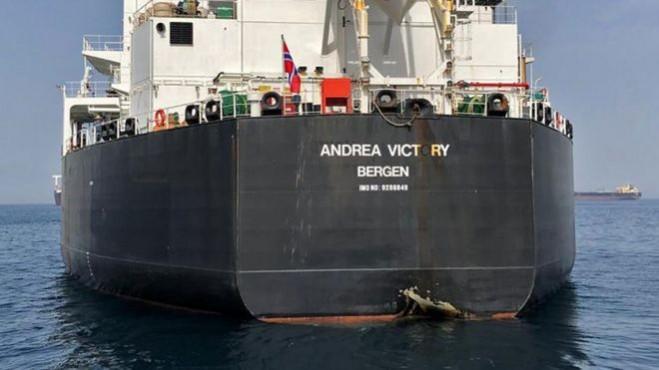
A probe has concluded that a "state actor" was most likely behind last month's attack on four oil tankers off the coast of the UAE. According to the international investigation, the United Arab Emirates (UAE), Saudi Arabia and Norway told the United Nations Security Council in an informal meeting on Thursday (June 6) that there are "strong indications that the four attacks were part of a sophisticated and coordinated operation carried out with significant operational capacity.'
Out of the four vessels attacked on May 12, two belonged to Saudi Arabia, while the remaining were owned by the UAE and Norway. The investigation did not mention the name of any country responsible behind the attack.
While UAE's Permanent Representative to the United Nations Lana Zaki Nusseibeh told reports that the country did not hold Iran responsible behind the attack, Saudi Arabia's ambassador explicitly accused Iran's involvement.
According to the statement by Abdallah al-Mouallimi, "the responsibility lies on the shoulders of Iran". He added that there is "enough evidence" that indicated Iranian responsibility and warned of future repercussions by stating that "if we tolerate a symbolic attack like this ... it opens the door for more."
US National Security Advisor John Bolton joined Saudi's claims by stating that Iran was "almost certainly" behind the attacks.
Tehran has denied all accusations and has called for an investigation.
The findings of the probe revealed that the four Limpet mines were strategically placed so as to not sink the shops or detonate their cargos and implied that the operation required trained divers on fast boats who had advanced knowledge of the design of the targets ships.
The conclusions of the report are expected to be officially submitted to the UN Security Council before any further statements are formally issued by the UN body.
The attacks took place on May 12 within UAE special economic zone waters east of the emirate of Fujairah, outside the Strait of Hormuz.















